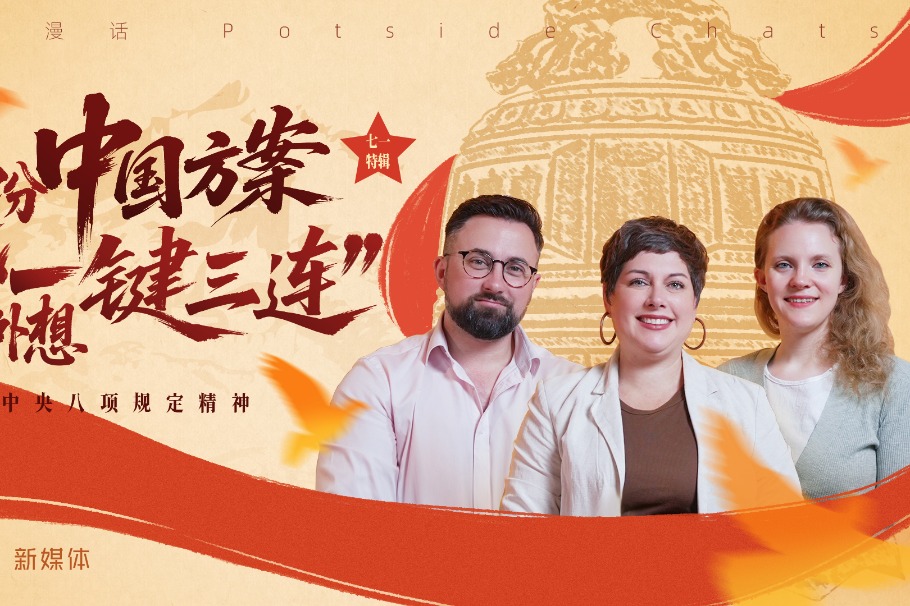Policy Address sets tone for sea change in governance

Peter Liang writes that CE is moving decisively away from philosophy of 'positive non-interventionism', toward govt taking more active role
The many social and economic initiatives proclaimed by Chief Executive Carrie Lam Cheng Yuet-ngor in her first Policy Address may not have met all the high expectations of the public. But taken together they set the tone for a sea change in government policy that can potentially upend the traditional concept of governance of Hong Kong's free-market economy.
Details of her many proposals to address the myriad social and economic issues troubling Hong Kong have been exhaustively dissected and discussed in the Legislative Council and at various public forums.
The public response so far to her policies has been largely positive, despite calls for far greater spending on public housing and social welfare.
To be sure, solving the most pressing social and economic problems is important to the average Hong Kong person. But the way to solve these problems is far more significant to the longer-term future of the city which many economists say is seeking a new formula of governance to cope with new internal and external challenges.
The widening wealth gap, coupled with a rapidly aging population, has given rise to new economic and social problems that have shown up the inadequacies and shortcomings of the government's traditional policy of minimal intervention. The situation is worsened by escalating housing prices in the past two years, which have dashed the Hong Kong dream of many young families who can no longer afford to buy their homes.
Externally, Hong Kong's premier position as the region's financial center and transport hub faces stiff challenges from neighboring cities, especially Shenzhen. Hong Kong's failure to catch up with other regional economies in the technology race is widely seen as posing an even more serious threat to the city's future.
Unsurprisingly, the once-sacrosanct economic theory of "positive non-interventionism" that was seen as a keystone of Hong Kong's past success has been brought into question in recent years. Short of formally pronouncing the death of "positive non-interventionism", the government has been saying for years that it will have to take a more proactive stance in setting the direction of economic growth rather than limiting its role to policing and maintaining the working of the free market.

The government has increased its recurrent expenditure on social welfare and direct subsidies to the elderly and urban poor at a progressively faster rate in recent fiscal years. But these are still incremental increases that are seen to have fallen far short of providing sufficient relief to the neediest families forced to live in tight quarters under questionable safety and health standards.
Despite much-trumpeted government efforts to increase the supply of land, average home prices have continued to surge. The housing shortage problem is compounded by the large inflow of capital from outside Hong Kong, particularly from the Chinese mainland, into the property market, competing with local buyers for the limited supply of new apartments.
In her address, Lam did not offer any breakthrough measure to combat high housing costs. But on more than one occasion in the past she has indicated that the market, dominated by a property oligarchy, operates according to its own set of rules; this suggests the responsibility of providing "affordable" housing to the public must rest with the government.
Citing Singapore as an example, Lam said at a public forum after her address that she favored making public housing available for sale, rather than rental, to the public to help foster a greater sense of belonging. In the past, the vast majority of government-built housing was for rental to the public at subsidized rates. Adopting the Singapore model would signify a drastic change in the government's housing policy. Singapore is well known to belong very much to the school of positive interventionism.
On the economic front, the government is making a harder push in its efforts to encourage entrepreneurship with newly introduced tax cuts which will help lighten the tax burdens of Hong Kong's many small- to medium-sized enterprises. This represents a sharp departure from past policy which maintained that the low and simple tax system was good enough to ensure the attractiveness of Hong Kong's business environment to local and foreign investors.
Rising popularity has given Lam the confidence to take a few small steps in charting a new course. If they go smoothly, as planned, bigger changes can be expected.
The author is a veteran current affairs commentator.
(HK Edition 10/16/2017 page8)
Today's Top News
- Namibian FM highlights China's role in progress
- Policy effort to bolster growth bears fruit
- Xizang's first guide dog helps his owner break barriers
- Thai court suspends PM over leaked call
- Xi stresses building unified national market, promoting marine economy's high-quality development
- A tale of two intellectual paradigms






























